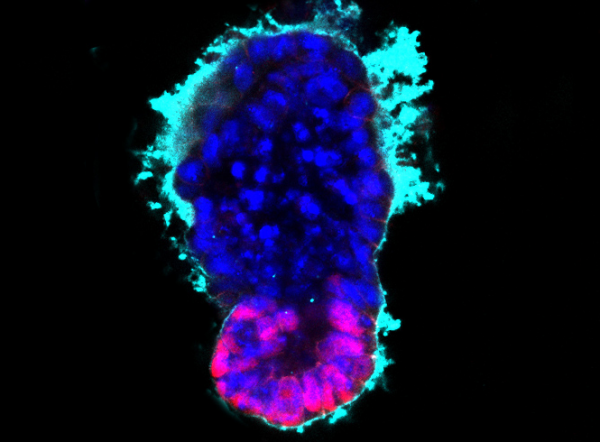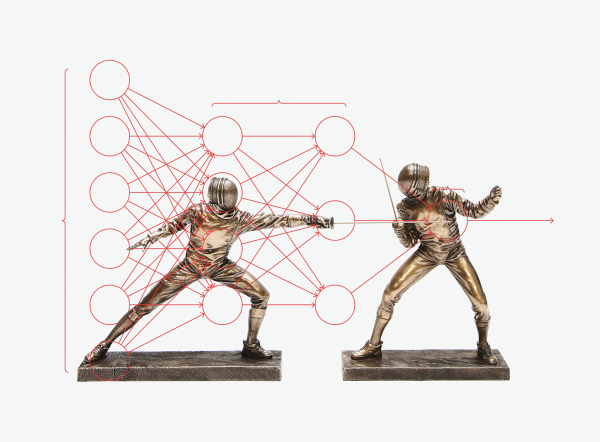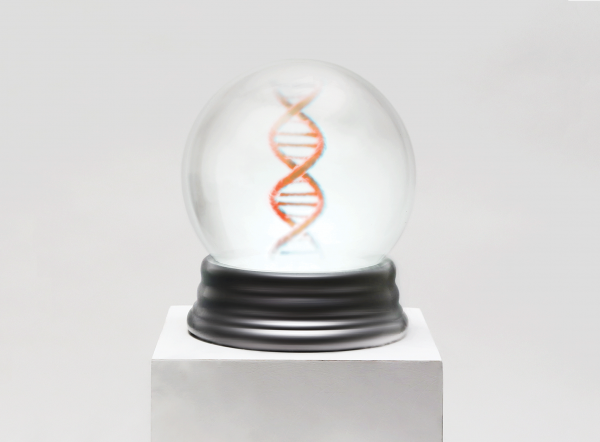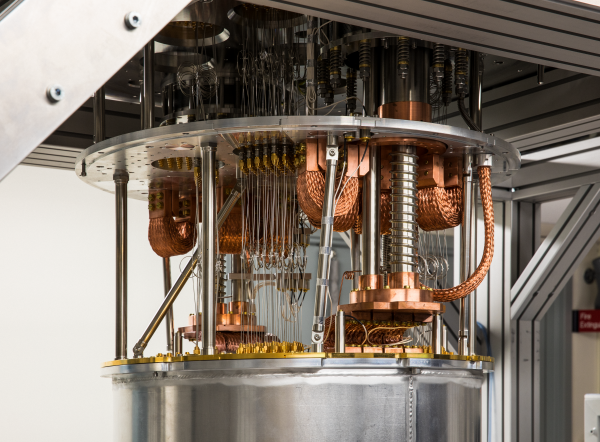New Technologies Make Life Easier
There are millions of young brains that make the new technologies and thus impart us very easy life. Several things that our forefathers would never have thought of we have invented a lot of things and still the number is increasing. They make us lead a very comfortable and successful life.
Technologies. People often ask, what exactly do you mean by “breakthrough”? It’s a reasonable question—some of our picks haven’t yet reached widespread use, while others may be on the cusp of becoming commercially available. What we’re really looking for is a technology, or perhaps even a collection of technologies, that will have a profound effect on our lives.A recent study depicts the following details.
3-D Metal Printing

The printing of metal parts is also getting easier. Desktop Metal now offers software that generates designs ready for 3-D printing. Users tell the program the specs of the object they want to print, and the software produces a computer model suitable for printing.
GE, which has long been a proponent of using 3-D printing in its aviation products (see “10 Breakthrough Technologies of 2013: Additive Manufacturing”), has a test version of its new metal printer that is fast enough to make large parts. The company plans to begin selling the printer in 2018.
Artificial Embryos

Sensing City

The company intends to closely monitor public infrastructure, and this has raised concerns about data governance and privacy. But Sidewalk Labs believes it can work with the community and the local government to alleviate those worries.
“What’s distinctive about what we’re trying to do in Quayside is that the project is not only extraordinarily ambitious but also has a certain amount of humility,” says Rit Aggarwala, the executive in charge of Sidewalk Labs’ urban-systems planning. That humility may help Quayside avoid the pitfalls that have plagued previous smart-city initiatives.
AI for Everybody

Dueling Neural Networks

Babel-Fish Earbuds

Zero-Carbon Natural Gas

Perfect Online Privacy

Genetic Fortune-Telling

The trouble is, the predictions are far from perfect. Who wants to know they might develop Alzheimer’s? What if someone with a low risk score for cancer puts off being screened, and then develops cancer anyway?
Polygenic scores are also controversial because they can predict any trait, not only diseases. For instance, they can now forecast about 10 percent of a person’s performance on IQ tests. As the scores improve, it’s likely that DNA IQ predictions will become routinely available. But how will parents and educators use that information?
Materials’ Quantum Leap

One likely and enticing possibility: precisely designing molecules.
Chemists are already dreaming of new proteins for far more effective drugs, novel electrolytes for better batteries, compounds that could turn sunlight directly into a liquid fuel, and much more efficient solar cells.
We don’t have these things because molecules are ridiculously hard to model on a classical computer. Try simulating the behavior of the electrons in even a relatively simple molecule and you run into complexities far beyond the capabilities of today’s computers.
But it’s a natural problem for quantum computers, which instead of digital bits representing 1s and 0s use “qubits” that are themselves quantum systems. Recently, IBM researchers used a quantum computer with seven qubits to model a small molecule made of three atoms.






0 comments:
Post a Comment